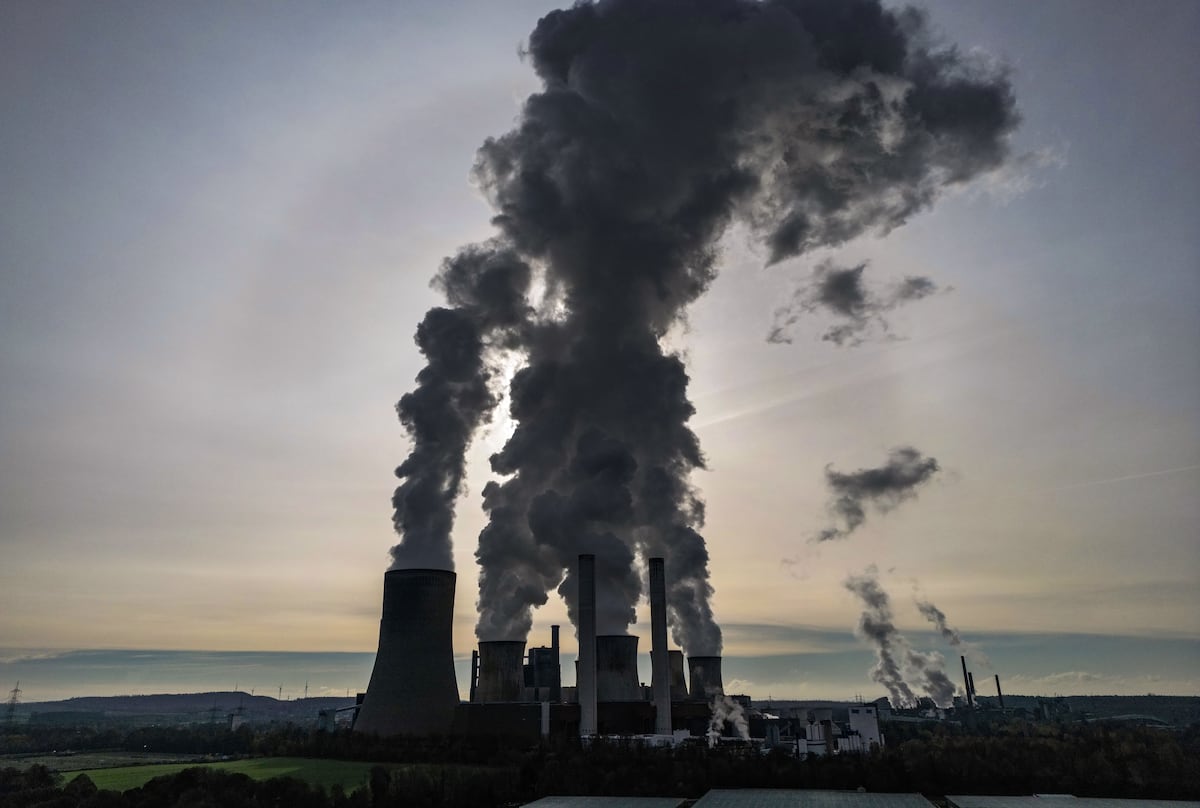Democratic quality is a concept on which comparative indices are developed between the different countries of the world. One of the most prominent is the one carried out by the British magazine The Economist, but there are also others, such as the Bertelsmann Transformation Index (BTI) of Germany.
These indices also allow comparisons between regions, such as Latin America and Asia. The first belongs to the so-called West, made up of the American and European continents.
The geographical concept is clear, also the historical and cultural. Today it has just under 20% of the world's population, a percentage that is decreasing at a time when India becomes the world's first population, surpassing China.
Taking the first of the aforementioned indices, out of 167 countries, only 24 are considered "perfect democracies" (with scores between 8 and 10 points), most of them from Europe. Only Uruguay, Costa Rica and Chile have this rating in Latin America, and South Korea and Japan in Asia.
The second grade of qualification is that of "imperfect democracy" (with scores ranging from 8 to 6). It is home to 47 countries. Among them are the three most relevant in South America: Argentina (with a population of 46 million), Brazil (with 209 million) and Colombia (58 million). Also two important from Asia, such as India (which has a population of 1.400 billion) and Indonesia (279 million).
The third grade of the qualification is that of "hybrid regime", where 35 countries are located with scores ranging from 6 to 4. Among the most important of both continents are Mexico in Latin America (with a population of 131 million) and Pakistan in Asia (with 241 million).
The Bertelsmann Index exactly matches The Economist's rating. He calls the term "imperfect democracy" "limited democracy" and "hybrid regimes" "very limited democracy." But both indices put the countries mentioned within the same categories, coinciding fully.
In recent times the thesis has become widespread that democracy is a political system that differentiates America and Europe from the rest of the world, where authoritarianism would predominate. But these types of ratings pose a different, or at least more nuanced, view. The West, plus America as a whole and Europe, brings together approximately 1.800 billion people, and Asia, only India and Indonesia have a combined population of 1.700 billion. In both cases, they are about one-fifth of the world's population. But the West is represented by eighty-five countries and not two, as in the case of the two Asians mentioned.
Regarding Asia, it should be noted that India is the most populous country in the world and Indonesia the fourth. Here the central question arises: democracy is not a system of the West as opposed to the authoritarianism of the non-Western world. In an Indian election more people vote than in America or Europe.
But in addition the so-called "authoritarian powers" by the West are actually one from Europe (Russia) and another from Asia (China). The first is Western in history, culture, religion and geography, beyond the war in Ukraine, which is actually an intra-European military contest. The view that democracy and capitalism are characteristic systems of the West today is debatable. In Asia, it can be argued that countries such as Japan and South Korea have a free market model, while China has a state capitalism model. Economically, private property is increasingly recognized, not less and less so in Asia.
Looking ahead, demographic trends are clear. The fifth part of humanity that is now the West will decrease as a percentage in the coming decades: possibly reaching 15% before 2050. Outside of it, the situation will be uneven.
The fact that India has just surpassed China in population numbers indicates the differences on the continent between the latter, whose population has slowed, and India, where it continues to grow. Africa shows a strong and homogeneous population increase, which will increase its significance in the coming decades.
Democracy as a political system, going forward, depends on its ability to govern outside the West.
Religion is a relevant factor in culture and civilization. Christianity (Catholic, Protestant and Orthodox) will continue to be dominant in the West, beyond the secularization that is taking place in Europe.
India, on the other hand, has a large Hindu majority, which exceeds 1000 billion people, living with a Muslim minority of 260 million. Indonesia, in turn, is the most populous Muslim country, and also functions as an "imperfect democracy."
It so happens that when analyzing democracy in Latin America and Asia, it emerges that Latin American countries have the same qualification in terms of democratic quality with those mentioned in Asia, and this occurs although the cultural differences evidenced in religious matters are multiple and diverse.












/cloudfront-eu-central-1.images.arcpublishing.com/prisa/KMEYMJKESBAZBE4MRBAM4TGHIQ.jpg)


